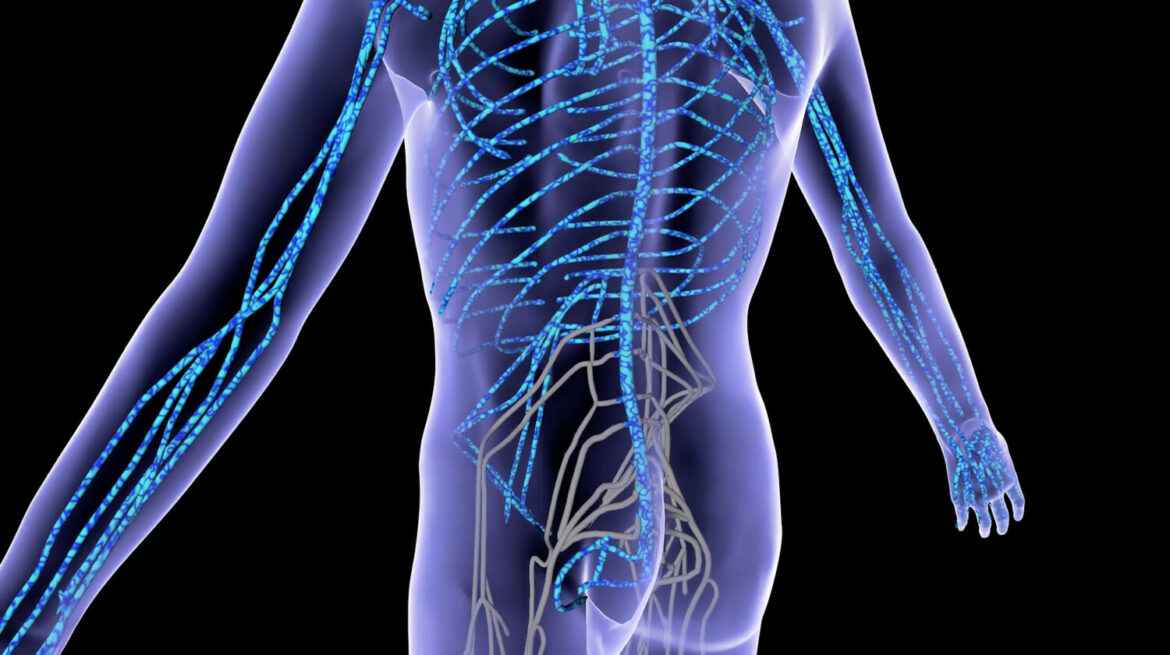Scientists from the AGH University of Science and Technology in Kraków are developing new materials with piezoelectric properties to support the treatment of spinal cord injuries. An international consortium with their participation received almost PLN 2 million in funding under the M-ERA.NET 3 Call 2021 competition.
The PIECRISCI project with the participation of the team of Dr Eng. Urszula Stachewicz aims to propose a new bioengineering approach to the treatment of spinal cord injury that promotes the regeneration of neurons and axons through piezoelectric stimulation.
Patients after such an injury experience serious problems including partial or complete paralysis, spasticity, pain, weakness, loss of many functions and difficulty breathing. Ongoing research on spinal cord injuries includes drug therapies, cell transplantation, gene therapy, and tissue engineering.
“In our project, we propose an innovative treatment approach based on functionalized biomaterials to stimulate the regeneration of neurons by incorporating exosome / CRISPR / Cas9 complexes into piezoelectric biomaterials. Piezoelectric materials generate local electric fields in response to mechanical stress, which stimulates the regeneration processes of neurons through their orientation and elongation”, says Dr Eng. Urszula Stachewicz.
In the project, piezoelectric fibers will be tested in vitro for increased elongation of neurites in their groups. In addition, the complex of piezoelectric fibers and exosomes / CRISPR / Cas9 will be tested on a 3D model of a spinal cord injury. Selected combinations from in vitro tests will be researched in vivo.
The research consortium includes AGH, Ege Üniversitesi and MARSTEM Cell Technologies Inc. from Turkey as well as Aarhus Universitet from Denmark. Completion of the project is planned for 2025.
Arkadiusz Słomczyński





